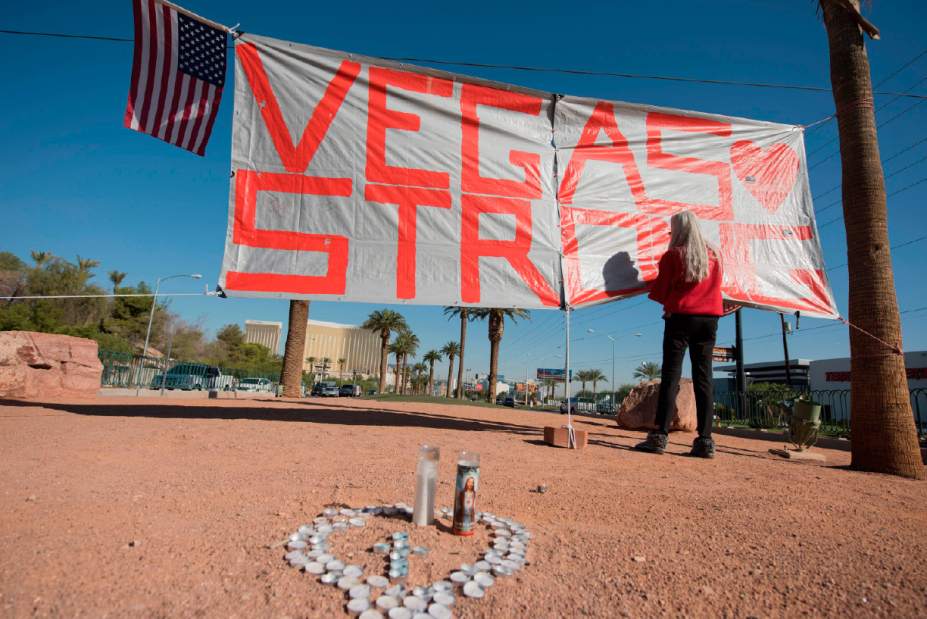Las Vegas: Where are the answers?
On Oct. 2, we awoke to the reports of another mass shooting. Yet despite the overwhelming coverage, we understand almost less than we did on the day of the shooting.
Everyone asks why this happened. As a criminologist, I can recite the names of shooters and the number of victims from 245 active and mass shooting events between 1966 and 2012 — and by shooters aged 11 to 88 with varying degrees of anger in their lives. I can remind you that these incidents alone killed 777 people and injured 947, and I can list factors that may have affected each of these shooters.
I can also tell you that these numbers have been rising at staggering rates since 2012 with shootings in Oregon, Orlando and now Las Vegas. I have the tools to calculate the rates of increase over time and predict the rising numbers of victims and offenders.
But I don't have the clear answer.
What is certain is that this was a national tragedy, and this is a national crisis. I don't say this to be alarmist, but rather to tell you that the “not if, but when” attitude about the next mass shooting is a problem.
The crushing weight of it is unbearable. But then, collectively, we'll self-soothe through distraction. Donald Trump's next tweet and Taylor Swift's album release will burst into our lives, and the attack in Las Vegas will join Hurricanes Irma, Harvey and Maria, along with North Korean threats, as yesterday's news. Yet, we'll remember Las Vegas again when someone new decides to claim the title and commit the next “deadliest shooting.”
Just as this latest attack brought us back to Columbine and Virginia Tech and Fort Hood and Aurora, the next will reopen the scars from Las Vegas, which were never fully healed or resolved.
Mr. Rogers once said, “Even if we wanted to, it would be impossible to give our children all the reasons for things such as war, terrorists, abuse, murders, major fires, hurricanes, and earthquakes. If they ask questions, our best answer may be to ask them, ‘What do you think happened?' If the answer is, ‘I don't know,' then the simplest reply (is), ‘I'm sad about the news, and I'm worried. But I love you, and I'm here to care for you.'”
We're not children, but we're asking the same question, and we're worried in the aftermath of murders.
We can't know what or how this shooter in Las Vegas felt, but we can try to make sure that others don't feel the same way. As a country, we're a national community, and to prevent these attacks, we need to have respectful, reasonable discussions about how we can take care of each other. Speak to someone who seems isolated or alone. Ask people how they're doing, and then actually listen to their answers. Do more than retweet videos of poignant words; be the person with compassionate words.
This isn't much in answering the larger questions or making the world a safer place, but it's a start. And when we awake to another report of a mass shooting and you ask again why this happened, I'll start this way: “I'm sad about the news, and I'm worried. But I love you, and I'm here to take care of you.”
Sarah E. Daly, an assistant professor of criminology at Saint Vincent College, has a bachelor of arts degree from University of Notre Dame, master of science degree from University of Pennsylvania, and a master of arts and Ph.D. in criminal justice from Rutgers University. She has studied mass shootings and gang violence extensively in her research.

